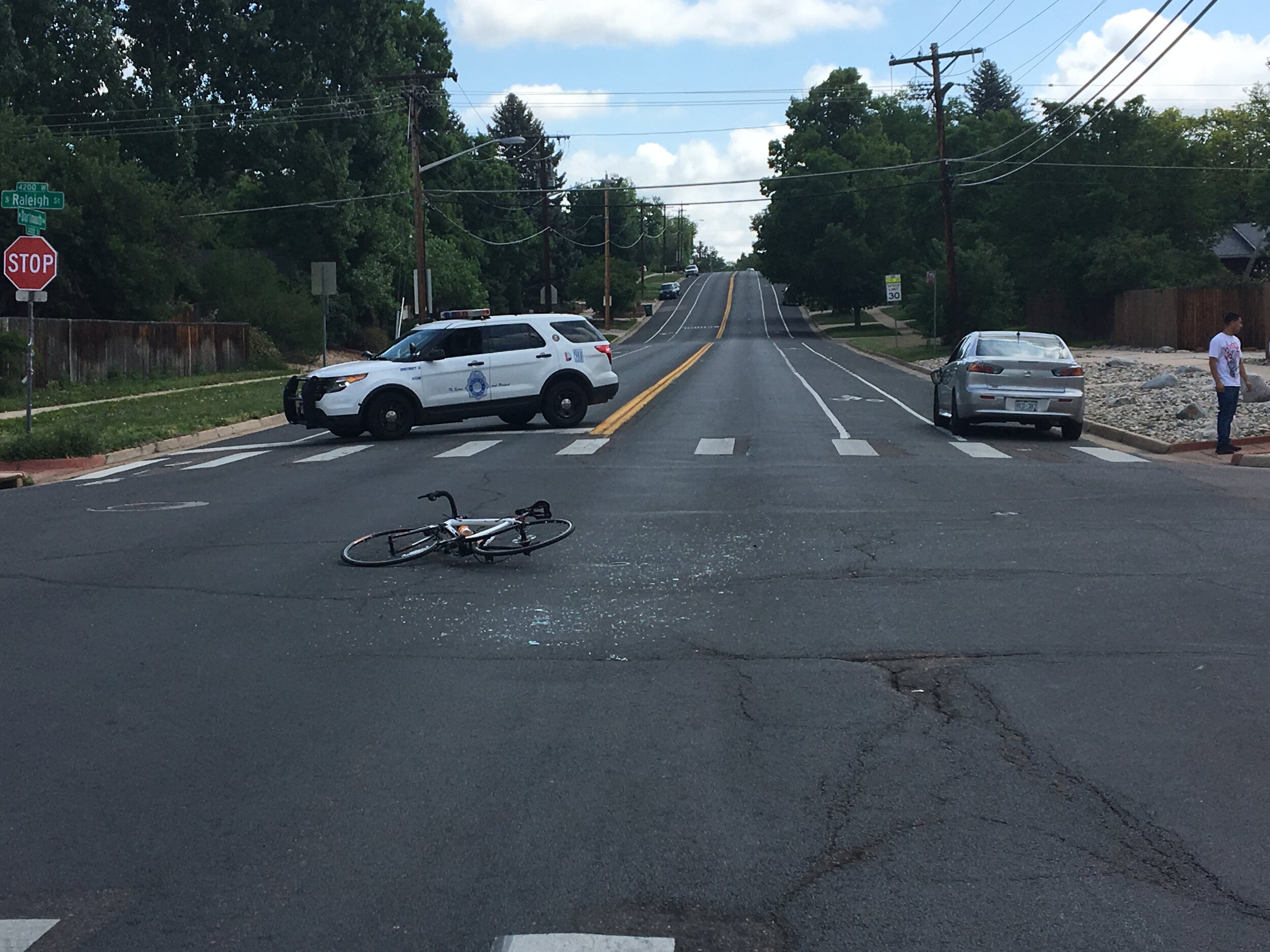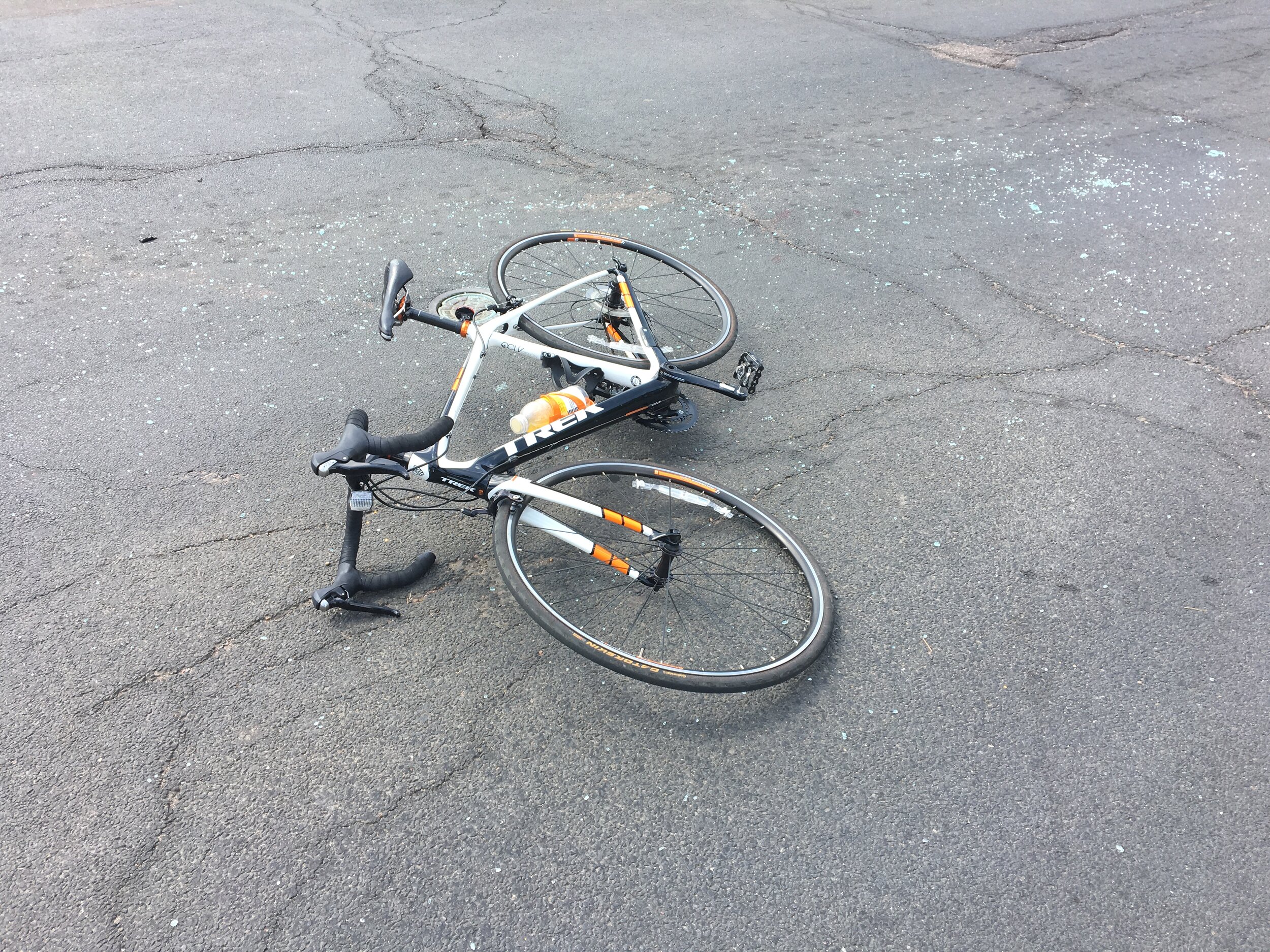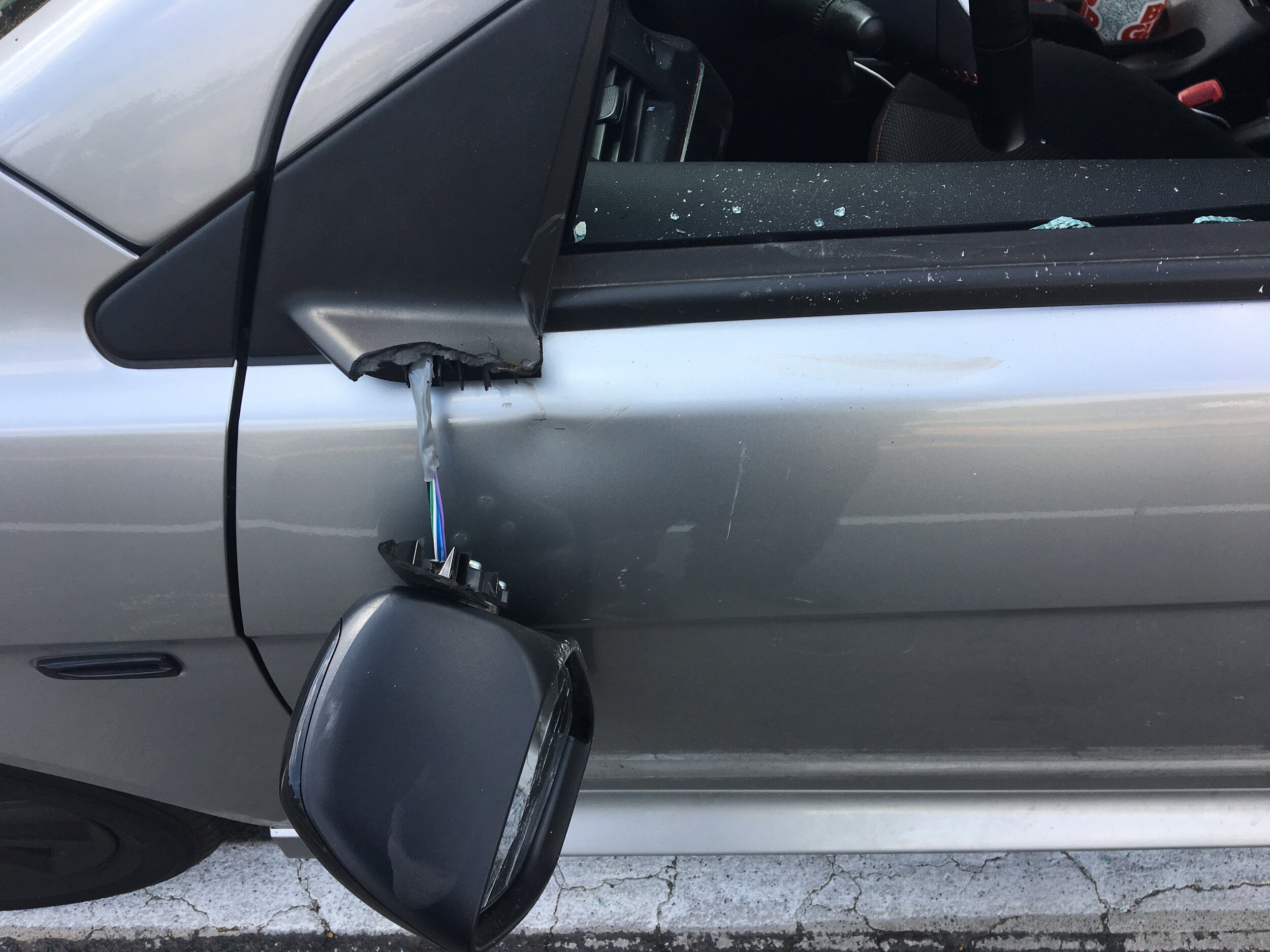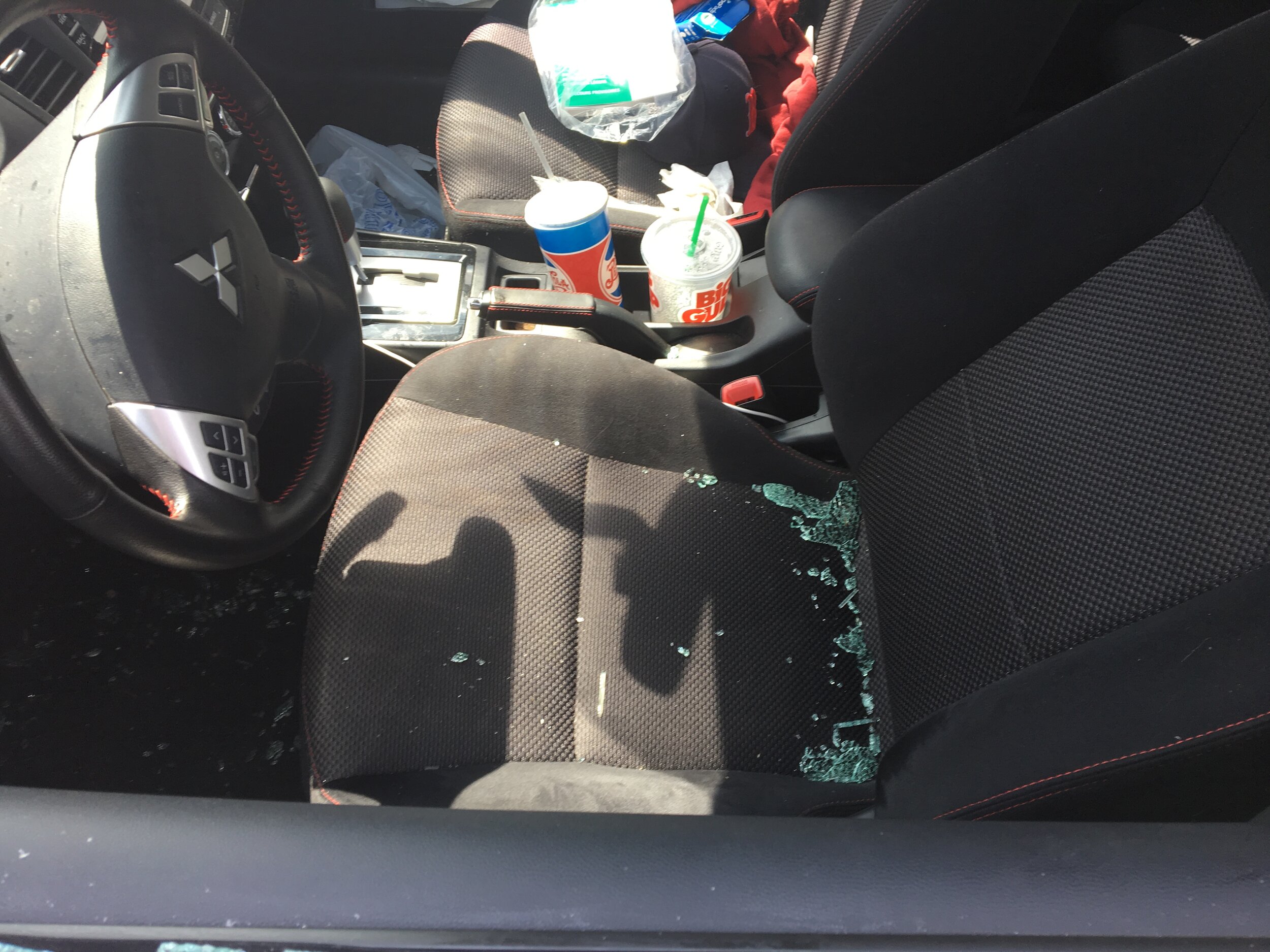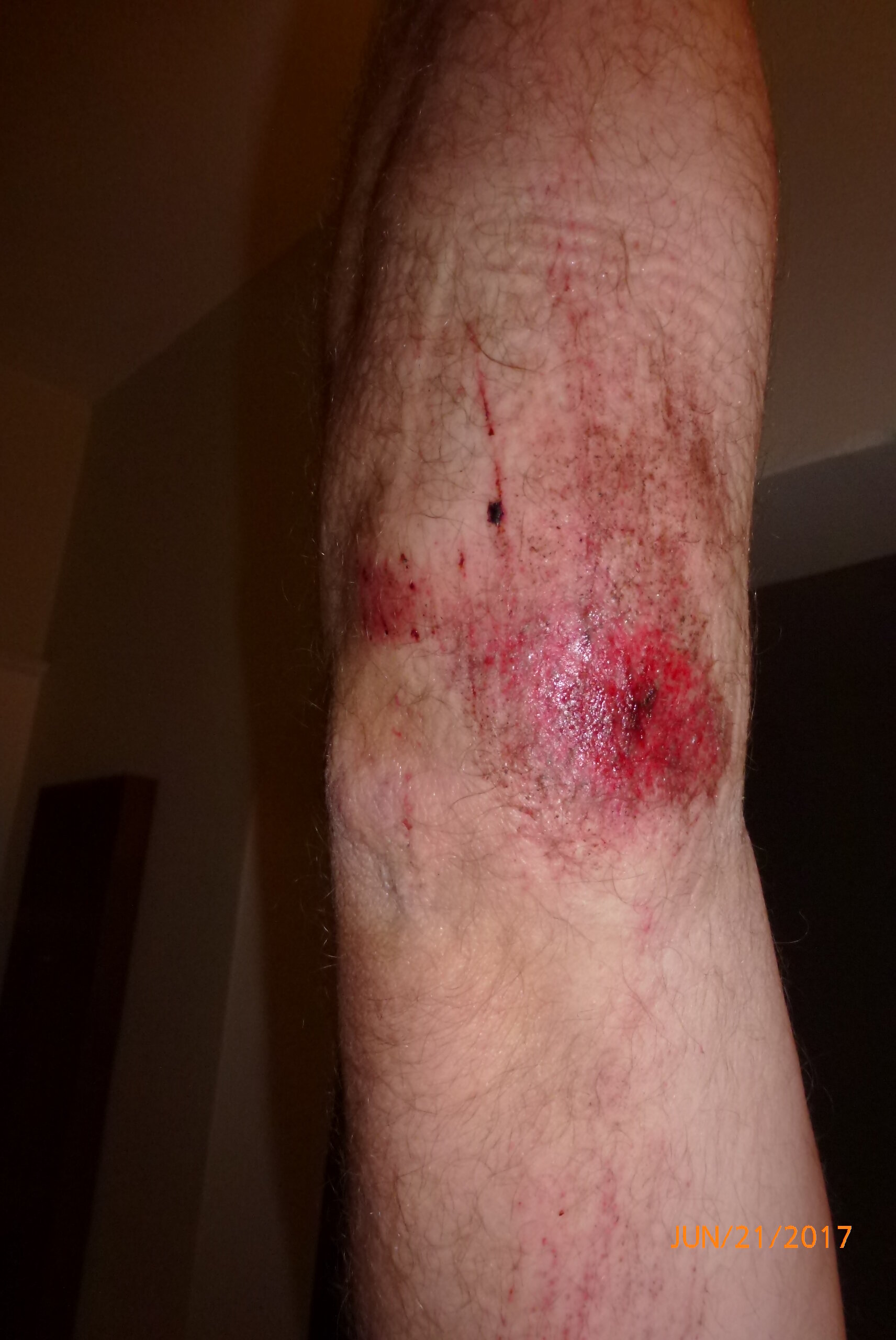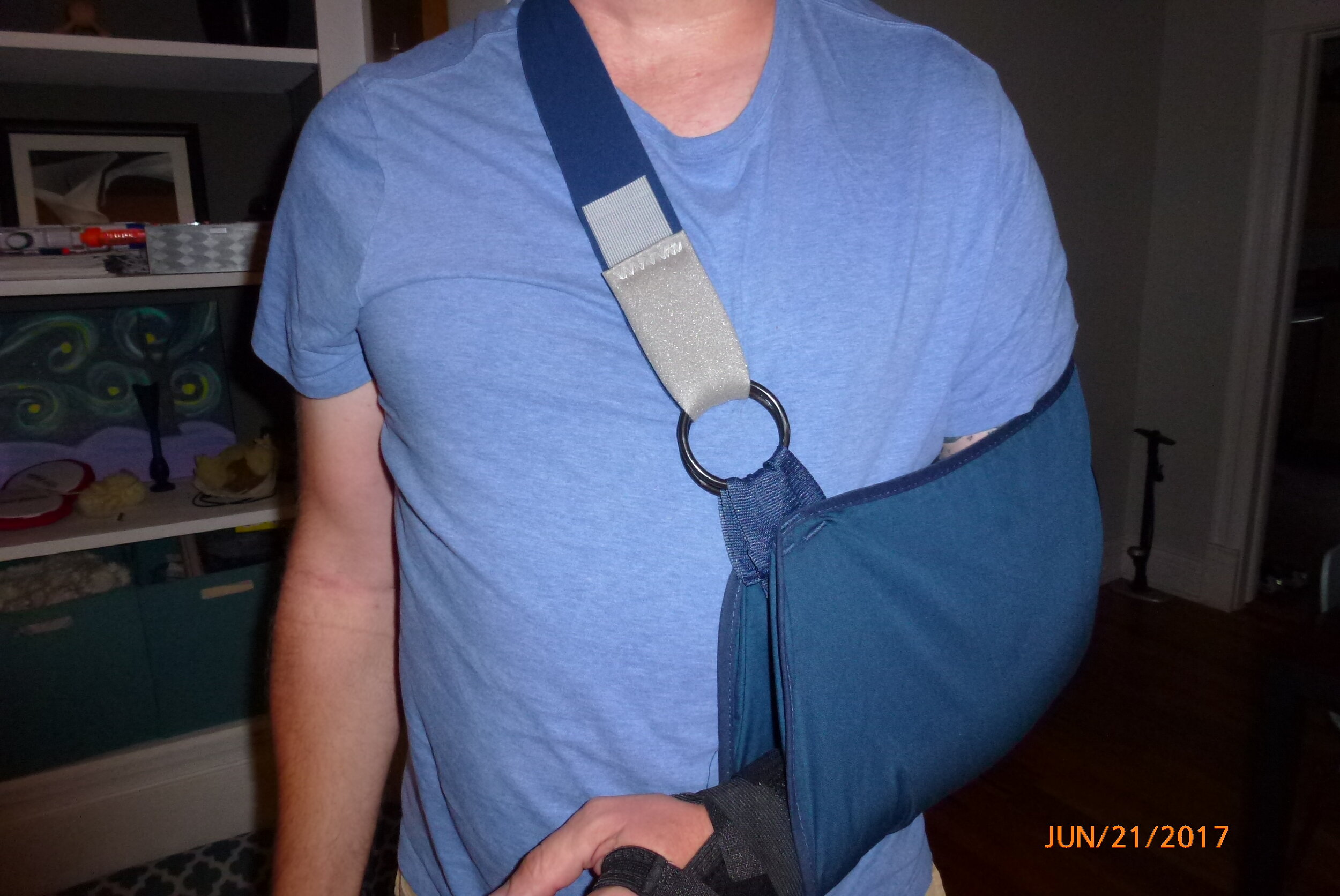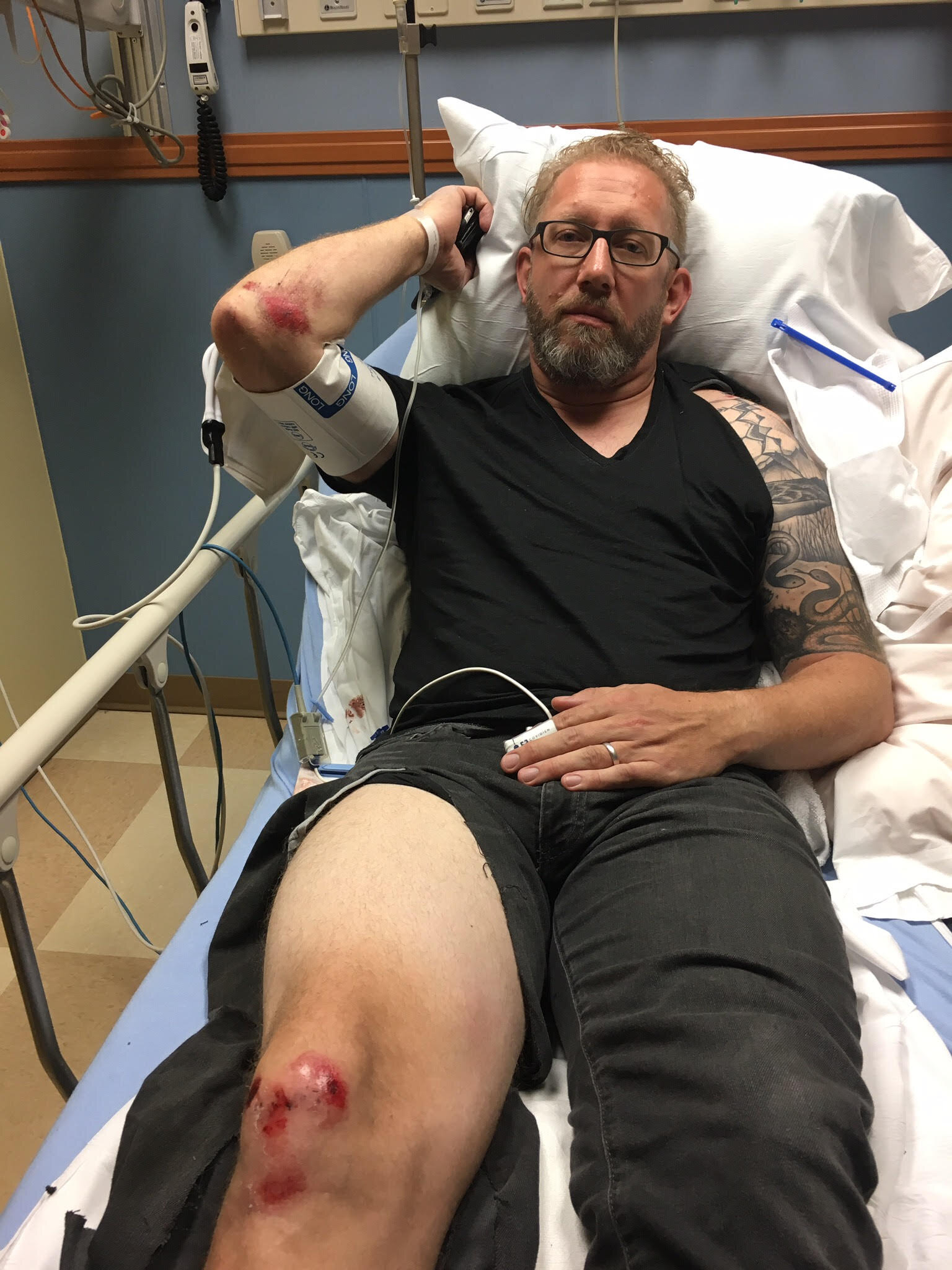A Long Road to Recovery
Delores Marquez fell in love with cycling several years ago. It was the one thing that she did for herself, and it made her feel good. She started out very slowly and admits that she was a bit timid at first. Delores always had a fear of getting hit by a car or having a serious crash. She had never ridden outside of bike lanes or trails. Many times, Delores would put her bike in her car and drive to the trails to prevent being close to cars.
Lately, though, Delores had started feeling comfortable riding in her neighborhood in the bike lane, because it had recently been upgraded. The bike lane leads directly into trails that Delores used for all of her rides. She was thrilled because she felt extremely safe and enjoyed the beautiful ride through her neighborhood.
She became more confident riding through intersections. In the past, Delores would get off her bike and walk across the street. Now, she felt more secure staying on her bike and riding through intersections when it was safe.
Cycling also supported charities dear to Delores and causes such as Bike MS: Colorado 2020, a fundraising ride to benefit people affected by Multiple Sclerosis. Delores has raised close to $650.00 in donations this year and signed up for the MS150 in June 2020. She was excited for the ride and training hard so that she could join her company’s team at Johns Manville.
Just as Delores started gaining confidence and racking up the training miles, she was seriously injured when a motorist ran a stop sign at an intersection where she had been riding in the bike lane. Although Delores is hopeful that she will be able to ride the MS150, her injuries and pain may keep her from doing what she loves. “I pray I can do it as I haven’t had much training and the pain from my injuries makes me very sore when I do get on an indoor bike,” says Delores. She has only ridden her bike outdoors about six times since the day of the crash.
“May 28, 2018 was the scariest day of my life. Daily, I wonder how I was saved from this near-death experience,” she says. The crash happened at 9:40 am in Denver at W. Dartmouth Avenue and S. Raleigh Street. Delores was going southbound on S. Raleigh Street and had just stopped at a four-way stop. Another driver stopped at the same time as Delores and waved her to continue on. Delores started to pull forward on her bike when the driver of another car traveling eastbound on W. Dartmouth, who was upset that he had to wait, swung around around the first car, ran the stop sign, and crashed into Delores.
The driver, who was traveling eastbound on W. Dartmouth took the right of way and struck Delores with such force that her body and bike flew directly onto his car hitting the driver’s side window which caused it to shatter. Her body then ripped off the driver’s side mirror before landing on the road all while still clipped into her bike.
“I can’t explain in words the terror I felt when I knew I was going to get hit and there was nothing I could do about it. I screamed for the driver to stop but he wasn’t looking at me. My first thought was how do I prevent myself from going underneath the car. I didn’t want to leave my children without a mother. All I could do was pray,” recalls Delores.
She does not know how many times her body and bike hit the car. As soon as her head hit the window and the glass shattered, the car sped up and she kept getting hit. Delores thought it was never going to end.
“When I did land, the pain that I felt was indescribable. I screamed out for help. I remember thinking, at the minimum, I am paralyzed and will have brain damage. Going in and out of shock I don’t remember much after the crash due to the pain radiating through my body. I had such fear running through me thinking about what my life and my family’s life was going to be like. I just lay in the street, and there was nothing I could do but be at the mercy of God and medical help,” she says.
Delores was transported to Swedish Hospital by ambulance complaining of severe back pain. She had a broken tailbone and a fractured sacrum. Her hips and thighs were really sore. Her ears were ringing. She could not turn her neck and had a mild concussion. Delores had cuts and bruises all over her body.
The driver stayed at the scene. Denver Police initially cited him with Failure to Yield Right of Way at a Stop Sign, C.R.S. 42-4-703(3). A second charge of Careless Driving Resulting in Injury, C.R.S. 42-4-1402(1),(2)(b) was later added. The driver pleaded guilty to the latter charge and was ordered to complete 80 hours of community service and pay $319.50 in fines and fees. The Failure to Yield Right of Way charge was dismissed.
The outcome of the criminal case does not feel just and fair to Delores at all and surprised her. One and a half years later, she is still suffering, while the driver only had to do community service. “Careless driving causing bodily injury should have been serious bodily injury. I know his sentence is not enough to deter him from doing this to someone else or change his driving behaviors. He also had a prior record that included traffic violations. This was not taken into consideration,” she explains.
Delores has a long recovery ahead of her. She does not know when or if she will ever be physically, mentally, and emotionally pain free. The crash changed her life forever and that of her children, too. “I don’t know what the future holds, but I am blessed to be alive and walking,” she says.
Following the crash, Delores had glass and asphalt all over her body. She could not talk at the scene. When paramedics put her on the spinal board, all of the glass and asphalt became embedded into her body.
The crash took her independence. She became fully dependent on medical help and devices for the very basic needs such as using the bathroom, getting out of bed, taking a shower, getting dressed, walking, sitting, driving, sleeping, and hugging her children. Essentially, any type of movement caused severe pain. No type of medicine helped with the pain. Everything she did required some type of medical accommodation.
Delores has had sleepless nights due to the pain, nightmares, and flashbacks. Every time she hears a siren, gets to a stop sign or a red light, or sees a cyclist, she is frozen in fear; fear that she is going to get hit or hit someone. This is the kind of fear that will never go away. She has daily headaches/migraines, cognitive and memory issues, and skull pain.
Her entire 2018, following the crash, was taken from her. Delores was unable to participate in any activities that required movement. She had to cancel dozens and dozens of activities with her children, activities that Delores and her children had planned for months and years.
As a board member of her company’s volunteer program, Delores oversees more than 30 volunteer events that serve hundreds of people in need. She had to find help for these activities that she normally leads for her company. This is her passion, and it was taken from Delores.
She had to rely on her children and family to be her caregivers, and that made her feel sad inside because they should have been enjoying their summer, activities, and school.
Delores is at some type of therapy or doctor’s appointment each week. She has missed an immense amount of work which will continue through the healing process. Her company has been very understanding and accommodating, but she feels she has let them down.
The one thing that Delores wishes she had known before the crash and now wants cyclists to know is to make sure they have enough insurance coverage on their auto policies. “I wish I would have had medical pay on my auto insurance. I also wish I had higher limits,” explains Delores. She encourages cyclists to review their insurance policies to make sure they are fully covered in the case of a crash. Please check out this post on our website that explains what insurance you need as a cyclist. You will find out about medical benefits (MEDPAY) and uninsured motorist/under-insured (UM/UIM) coverage. It also discusses your options for insurance coverage if you do not own a vehicle.
Delores is still in the process of healing and doing a lot of medical therapy to try to get to a place of manageable pain. Her goal is to get back on the bike without fear. In addition, she wants to be a support system for someone who has been injured in a crash and help them through the process mentally, physically, and emotionally.
“Many victims of crashes don’t get the appropriate healing and many just give up riding,” she believes.
Delores also wants to be more involved in advocacy groups in order to be part of the change. She is already off to a great start. Delores asked Megan to speak to company employees at Johns Manville to give her bike safety presentation.
This past February, Delores also testified in front of the Senate Judiciary Committee at the State Capitol in favor of the bike lane bill. “I thought I would be safe riding in a bike lane because the city put them there for us to ride vs. the traffic lane. If we are going to continue getting bike lanes, then the city needs to protect us in those lanes. Motorists have to watch out for the cyclists,” she said.
“I want to empower law enforcement, and I want motorists to know that they will be cited if they don’t yield to cyclists who are lawfully riding in these lanes in Colorado.”
This year’s Bike MS: Colorado 2020 is scheduled for June 27-28. Delores is taking her training indoors for now and doing Zwift workouts. She really wants to ride in the MS150 ride for all of the people with MS as she knows several who are suffering from the disease.
Delores also sees it as a personal challenge to get back on the bike and is determined not let the crash take riding away from her.
JUST last weekend she rode 52.67 miles -she was on roads with cars nearby- and she said she’s one step closer to conquering her fears and putting this behind her!
Delores, we are so proud of you, and wish you all the best and are rooting for you!


